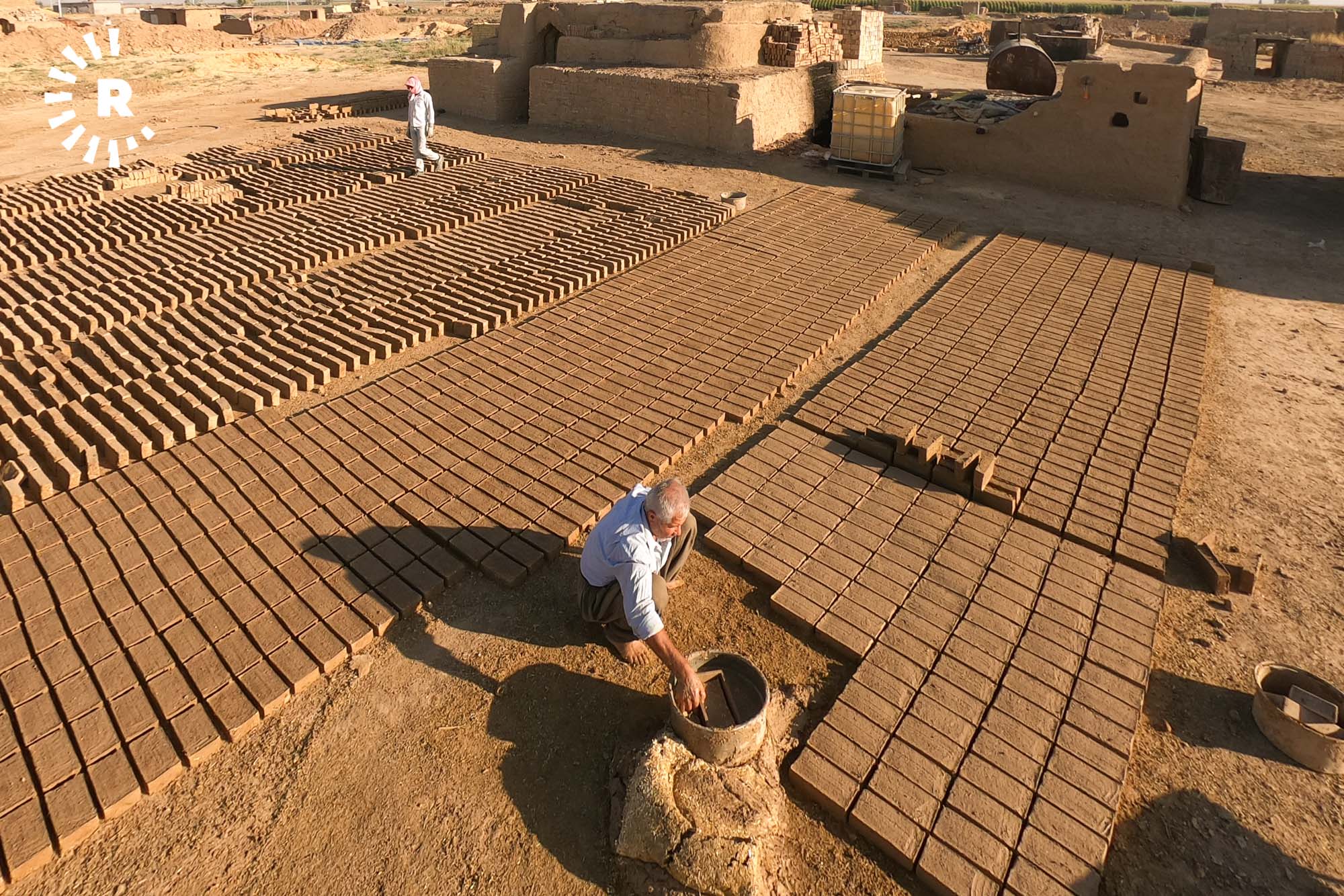19 Photos
Photo Gallery
During the dry months from June to October every year, the ancient tradition of making mud bricks returns to the plains of the Kurdistan Region’s capital Erbil.
The industry has dwindled over the past 30 years, however, "because people rely more on concrete blocks to build households and other kinds of buildings", Ismael Hassan, who has been working as a mud brick maker for nearly six decades, told Rudaw.
Mud bricks are made by mixing soil with water, placing the mixture into moulds and drying the bricks in the open air. To make it strong enough and sustainable, Hassan says they add straw to help reduce cracking.
"This business has been my profession for the past 58 years," said Hassan, 68, adding that they make 1,000 bricks a day during mud brick-making season.
Hassan's simple mudbrick factory is located in the village of Mastawa, in the outlying sub district of Qoritan, western Erbil city. He works every day from 5am until 1pm.
The bulk of the general brick factories were located in Erbil’s Kuran and Kurani Ainkawa neighborhoods, noted Hassan. Kuran means kilns in English.
He says their business has become "very unprofitable."
"No one buys mud bricks these days," he says, adding he only makes 20,000 dinars to 25,000 dinars a day.
"The bulk of my customers are mountainous villagers, because mud bricks are stronger than concrete blocks. In the winter they provide warmth and in the summer coolness. It is very sustainable," he said.
Photos by Bilind T. Abdullah
The industry has dwindled over the past 30 years, however, "because people rely more on concrete blocks to build households and other kinds of buildings", Ismael Hassan, who has been working as a mud brick maker for nearly six decades, told Rudaw.
Mud bricks are made by mixing soil with water, placing the mixture into moulds and drying the bricks in the open air. To make it strong enough and sustainable, Hassan says they add straw to help reduce cracking.
"This business has been my profession for the past 58 years," said Hassan, 68, adding that they make 1,000 bricks a day during mud brick-making season.
Hassan's simple mudbrick factory is located in the village of Mastawa, in the outlying sub district of Qoritan, western Erbil city. He works every day from 5am until 1pm.
The bulk of the general brick factories were located in Erbil’s Kuran and Kurani Ainkawa neighborhoods, noted Hassan. Kuran means kilns in English.
He says their business has become "very unprofitable."
"No one buys mud bricks these days," he says, adding he only makes 20,000 dinars to 25,000 dinars a day.
"The bulk of my customers are mountainous villagers, because mud bricks are stronger than concrete blocks. In the winter they provide warmth and in the summer coolness. It is very sustainable," he said.
Photos by Bilind T. Abdullah
17-09-2020 1
17-09-2020 2
17-09-2020 3
17-09-2020 4
17-09-2020 5
17-09-2020 6
17-09-2020 7
17-09-2020 8
17-09-2020 9
17-09-2020 10
17-09-2020 11
17-09-2020 12
17-09-2020 13
17-09-2020 14
17-09-2020 15
17-09-2020 16
17-09-2020 17
17-09-2020 18
17-09-2020 19
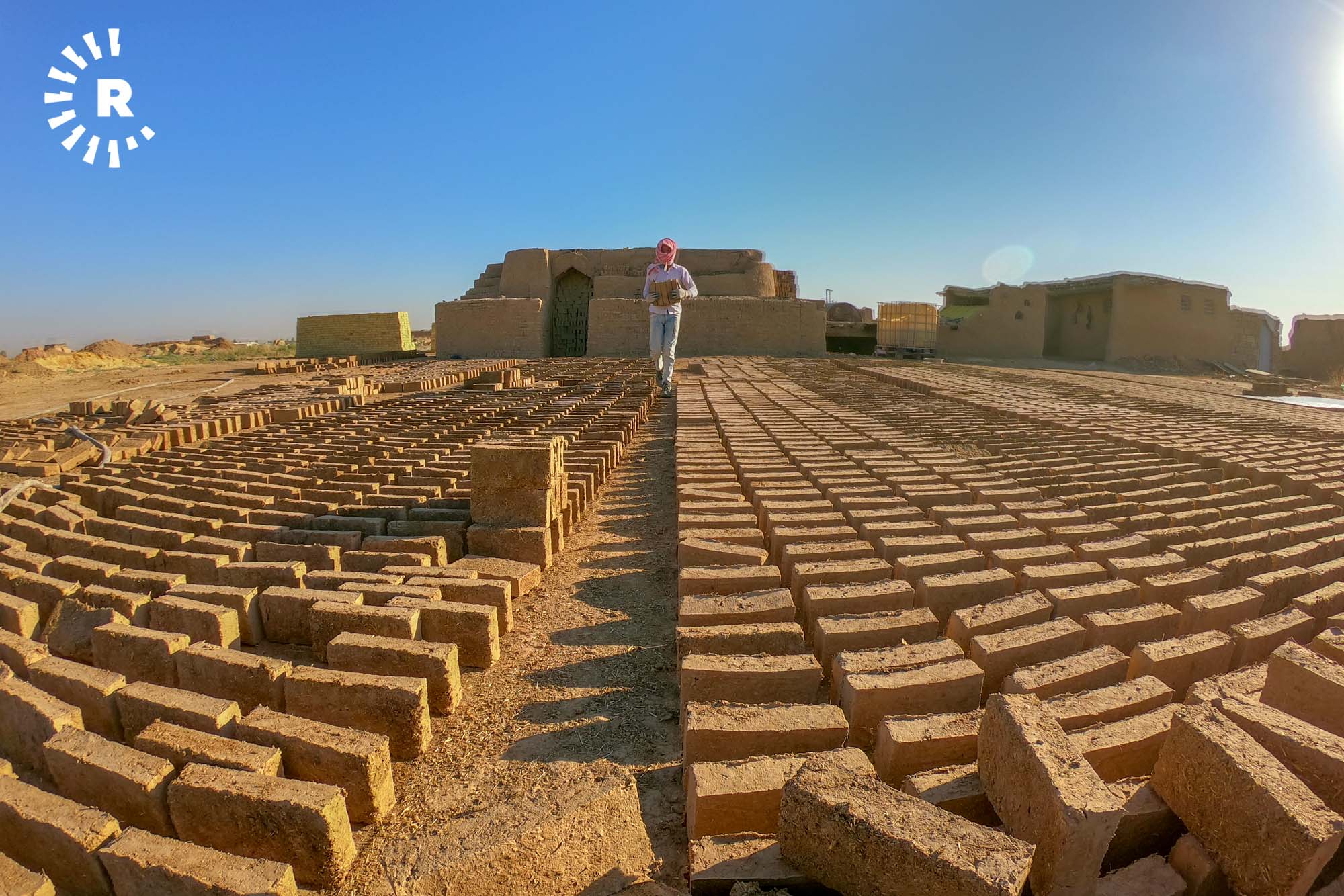
Mud brick making — an ancient tradition dying in the Kurdistan Region?
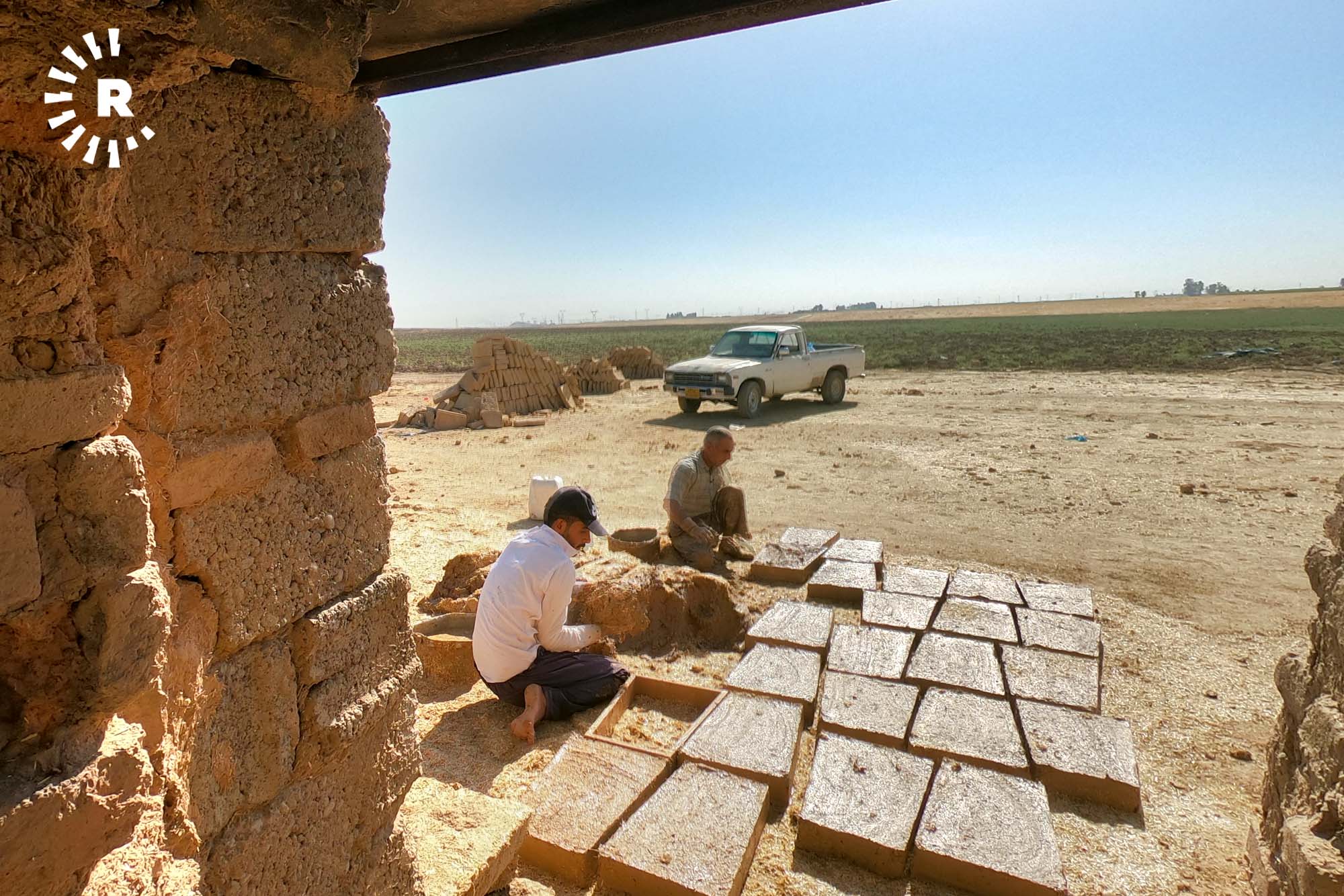
Mud brick making — an ancient tradition dying in the Kurdistan Region?
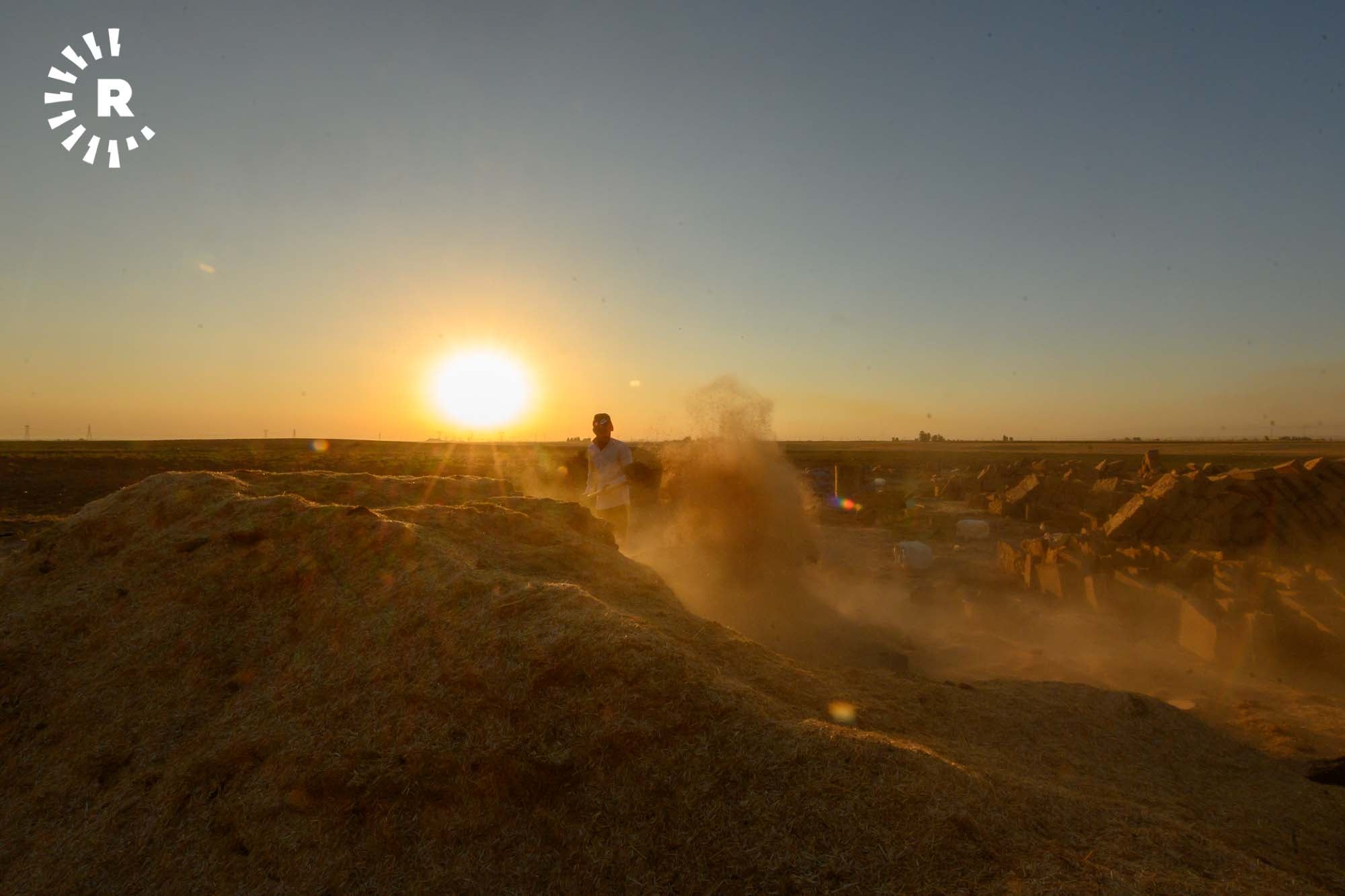
Mud brick making — an ancient tradition dying in the Kurdistan Region?
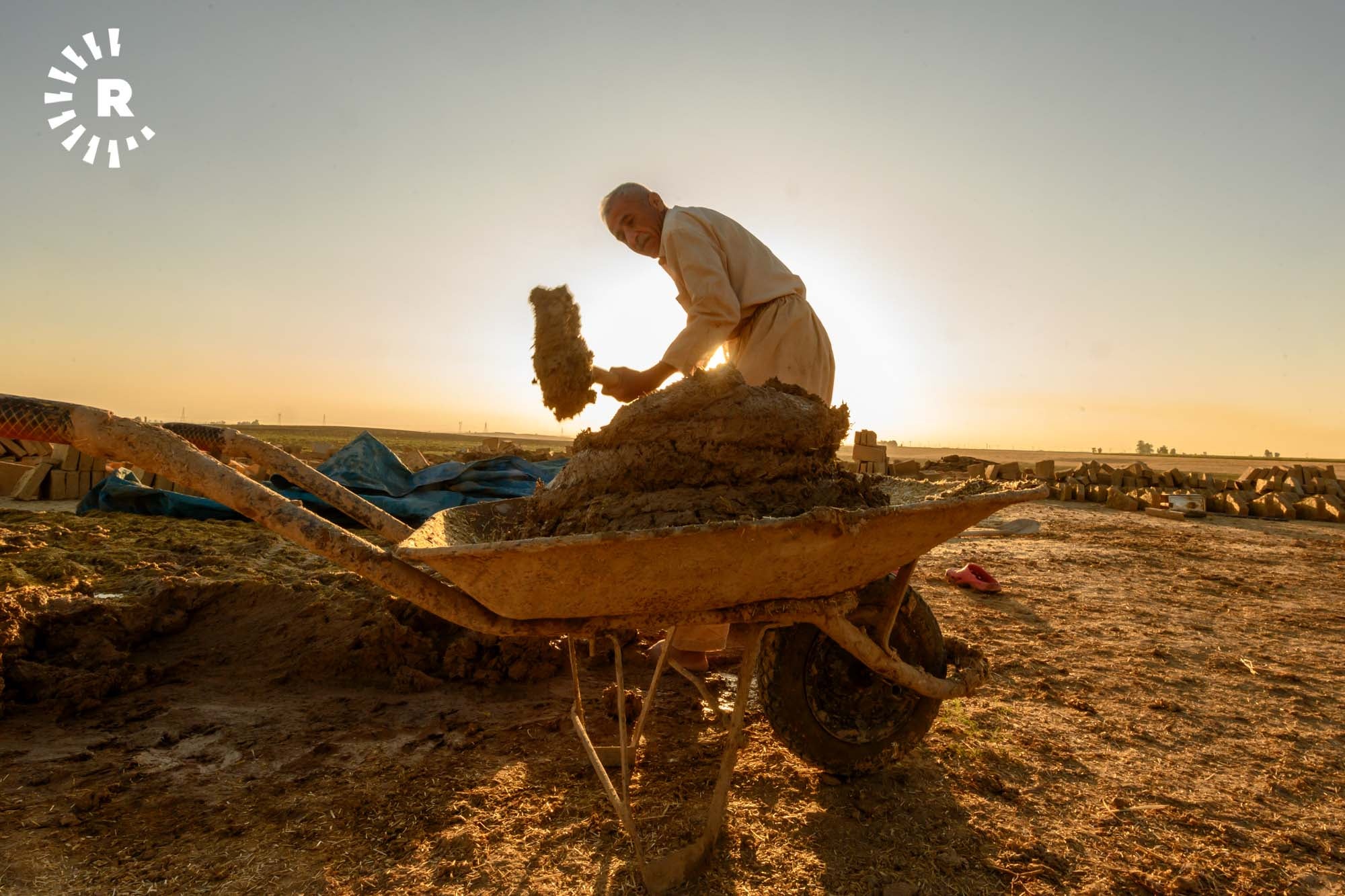
Mud brick making — an ancient tradition dying in the Kurdistan Region?
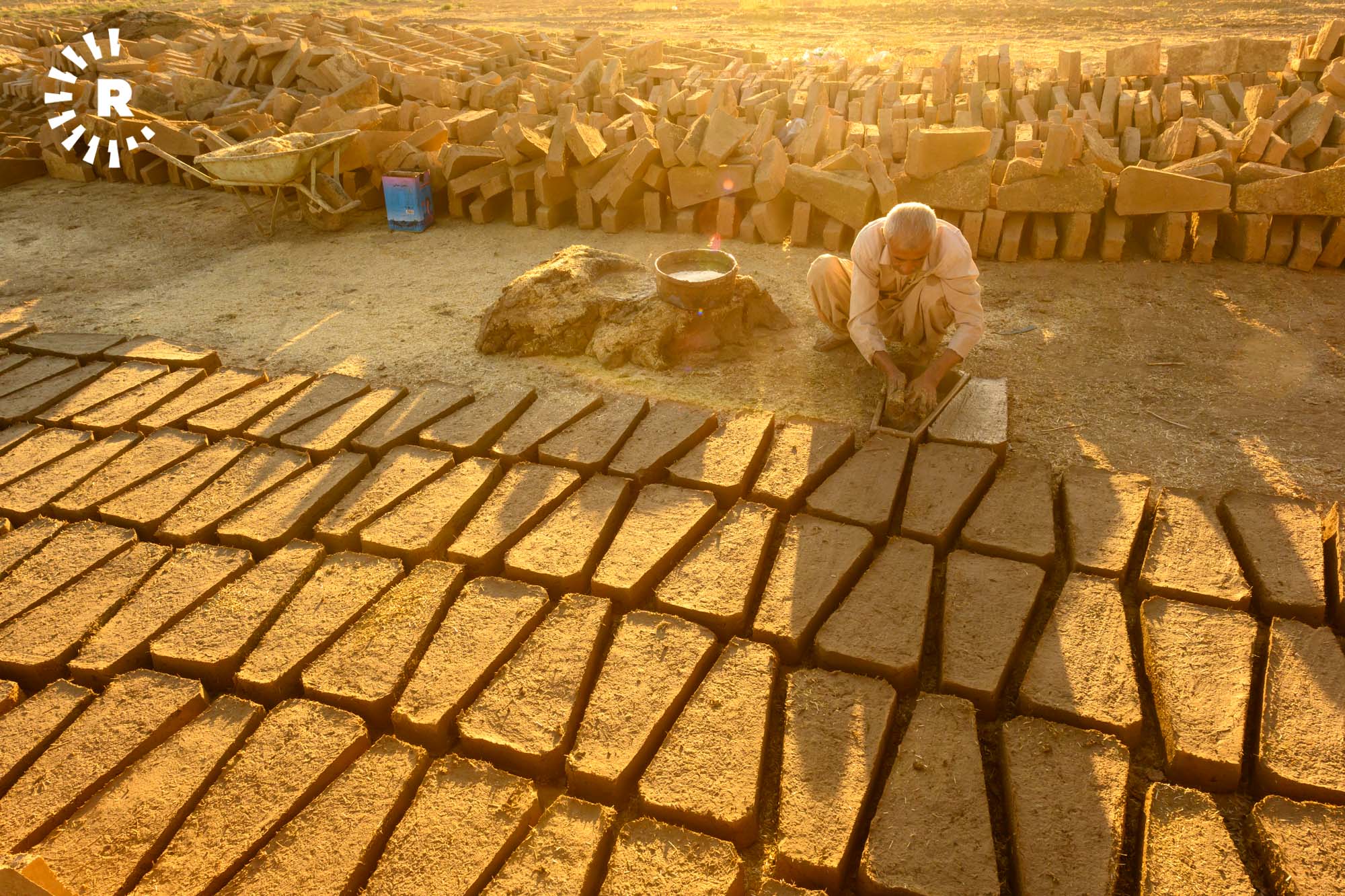
Mud brick making — an ancient tradition dying in the Kurdistan Region?
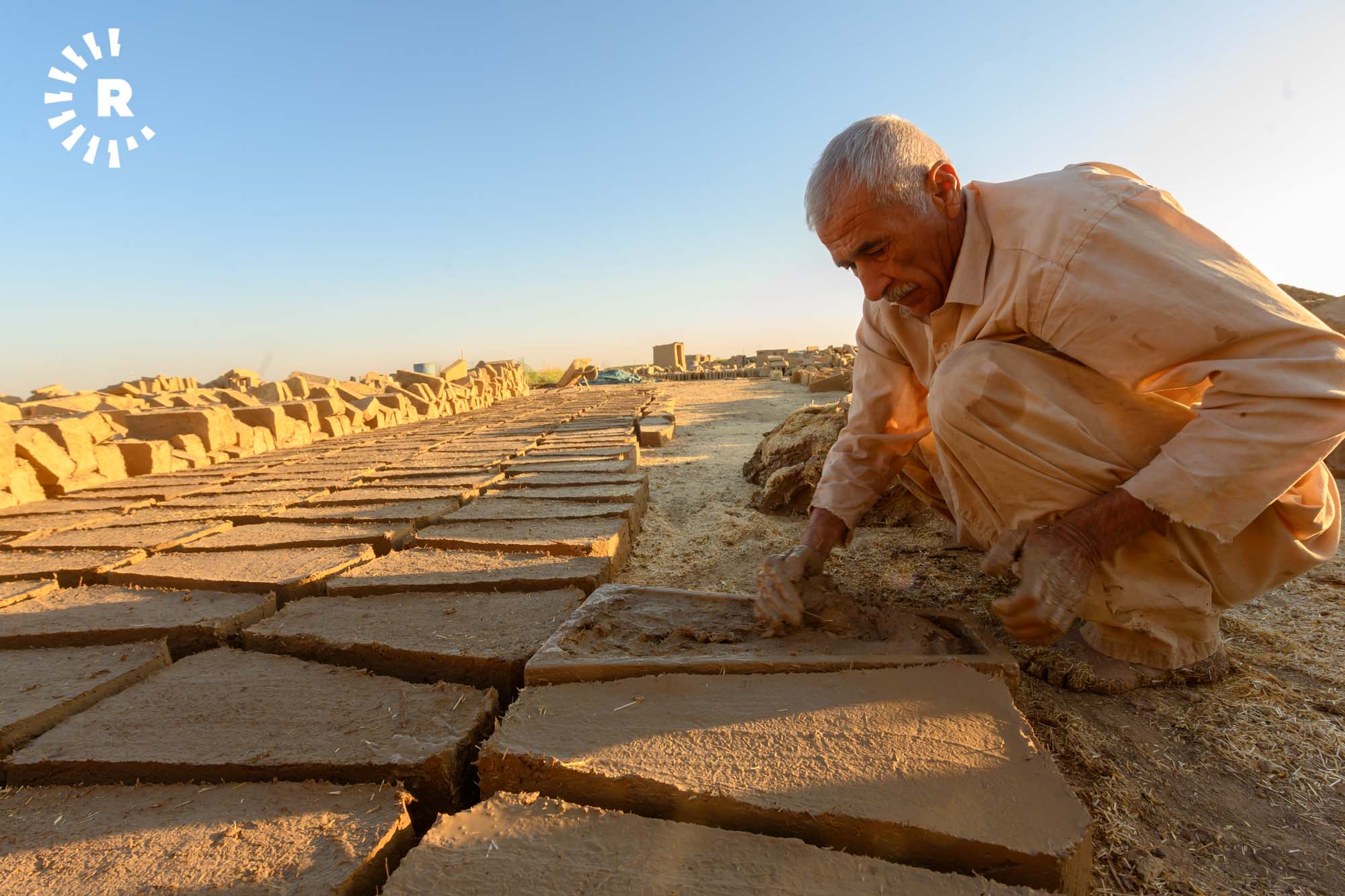
Mud brick making — an ancient tradition dying in the Kurdistan Region?
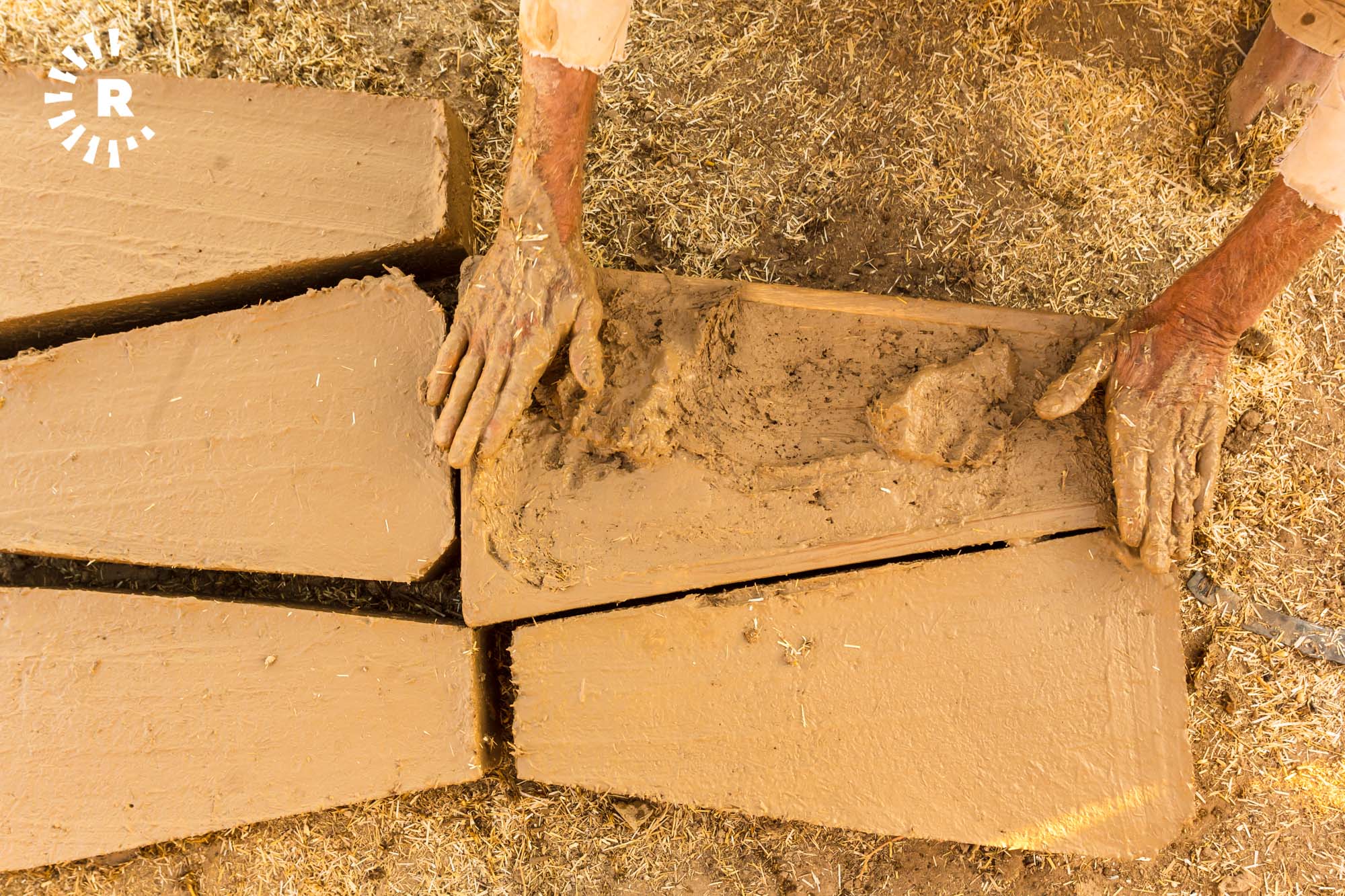
Mud brick making — an ancient tradition dying in the Kurdistan Region?
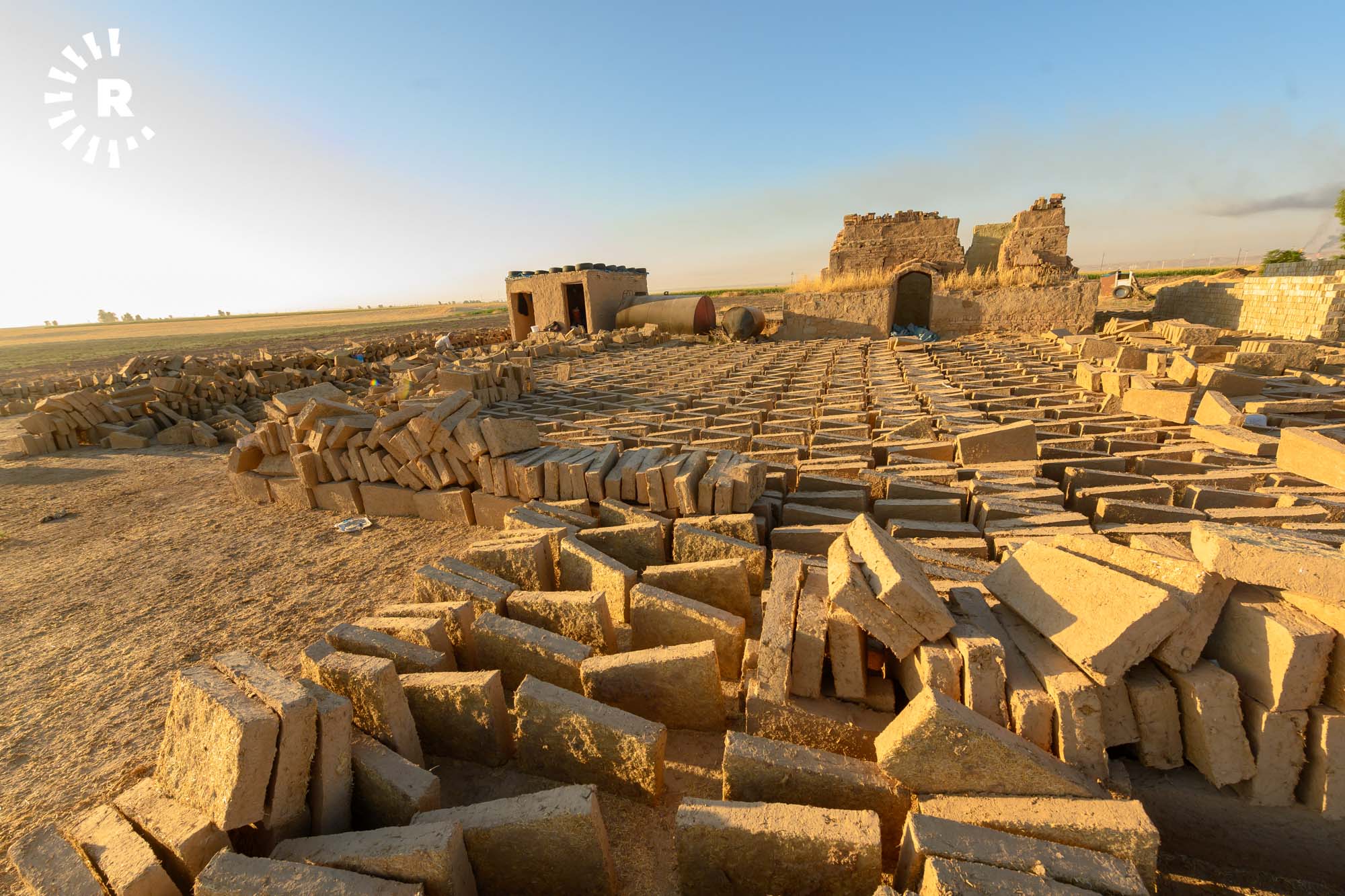
Mud brick making — an ancient tradition dying in the Kurdistan Region?
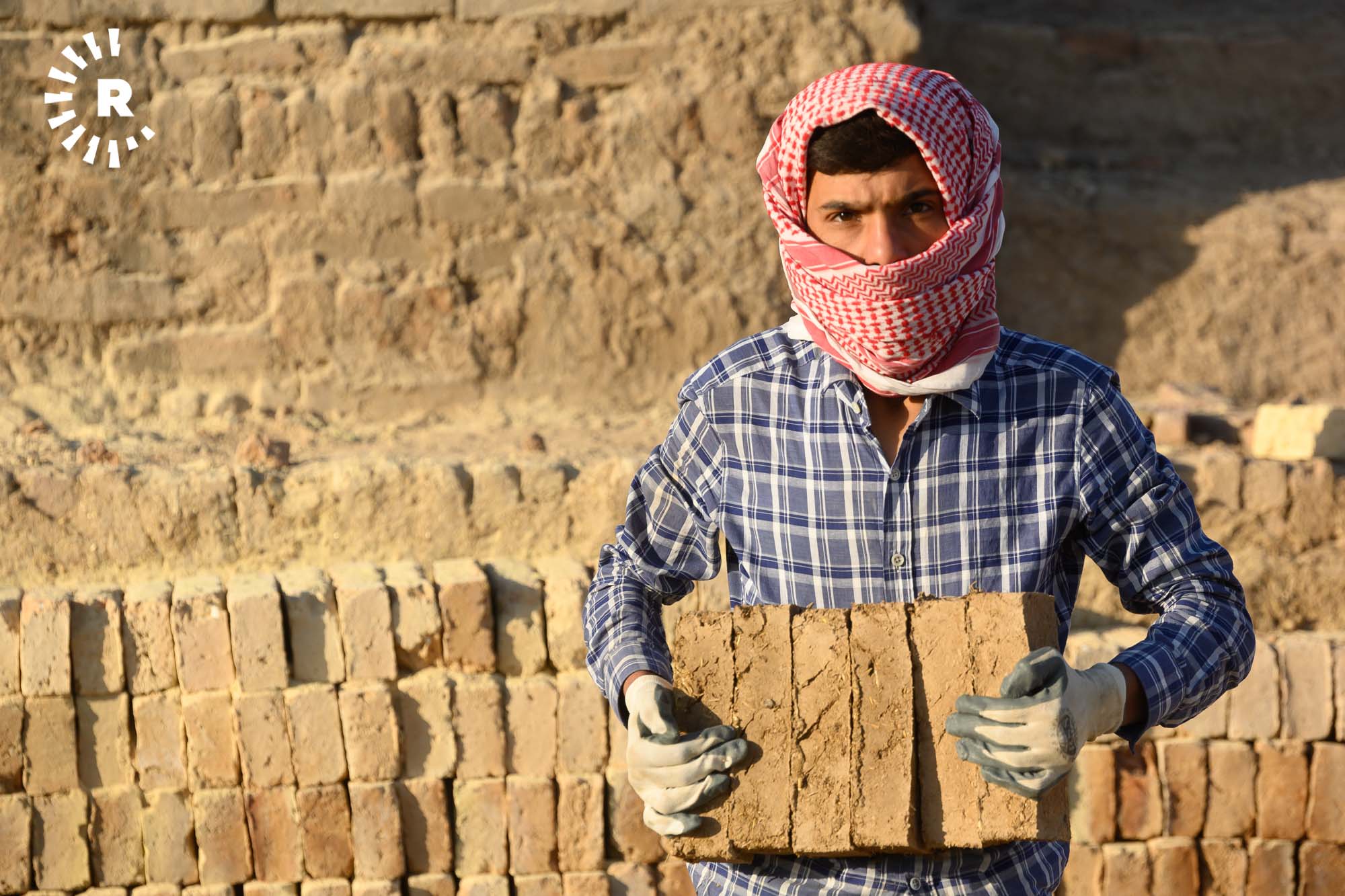
Mud brick making — an ancient tradition dying in the Kurdistan Region?
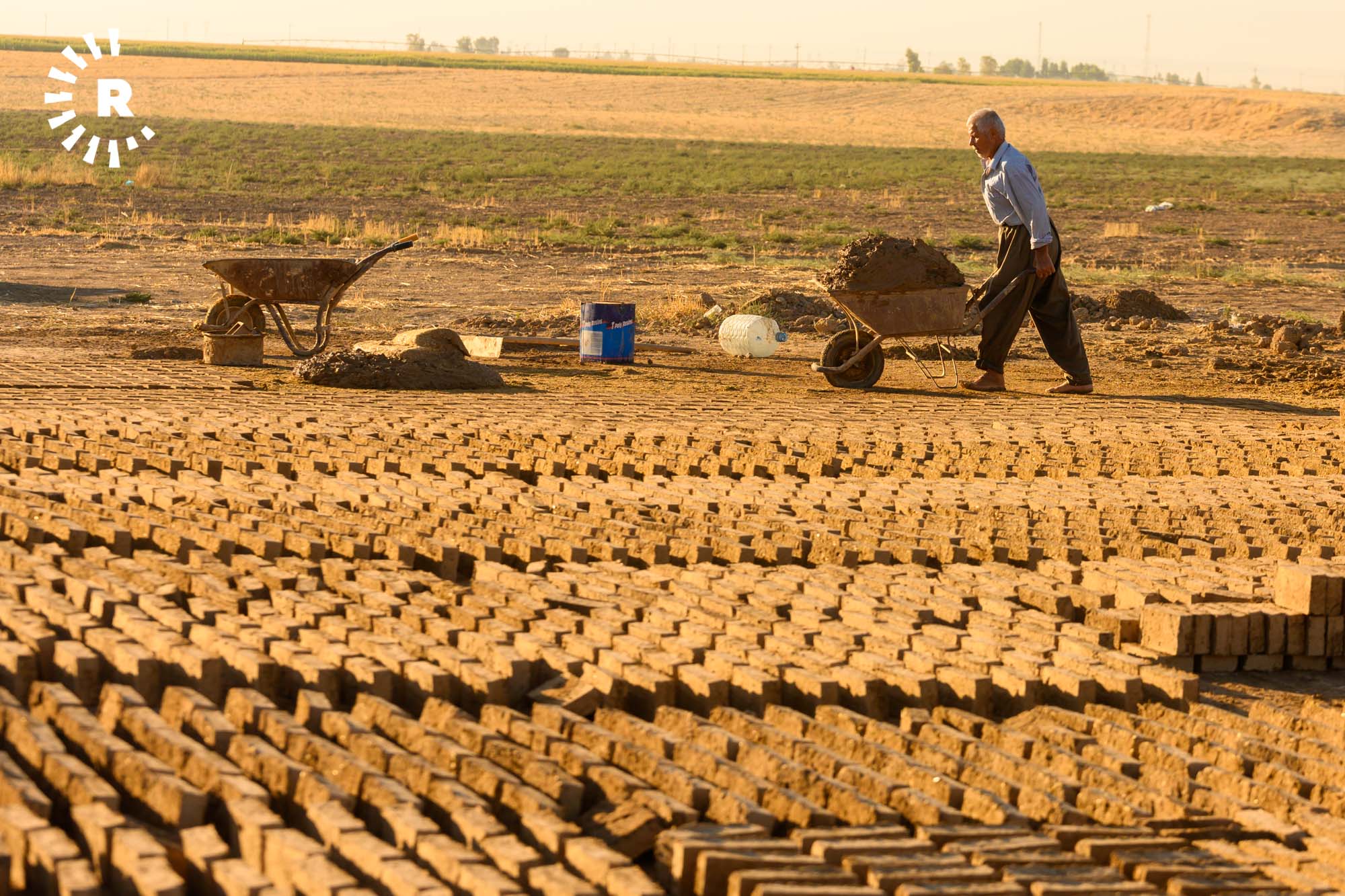
Mud brick making — an ancient tradition dying in the Kurdistan Region?
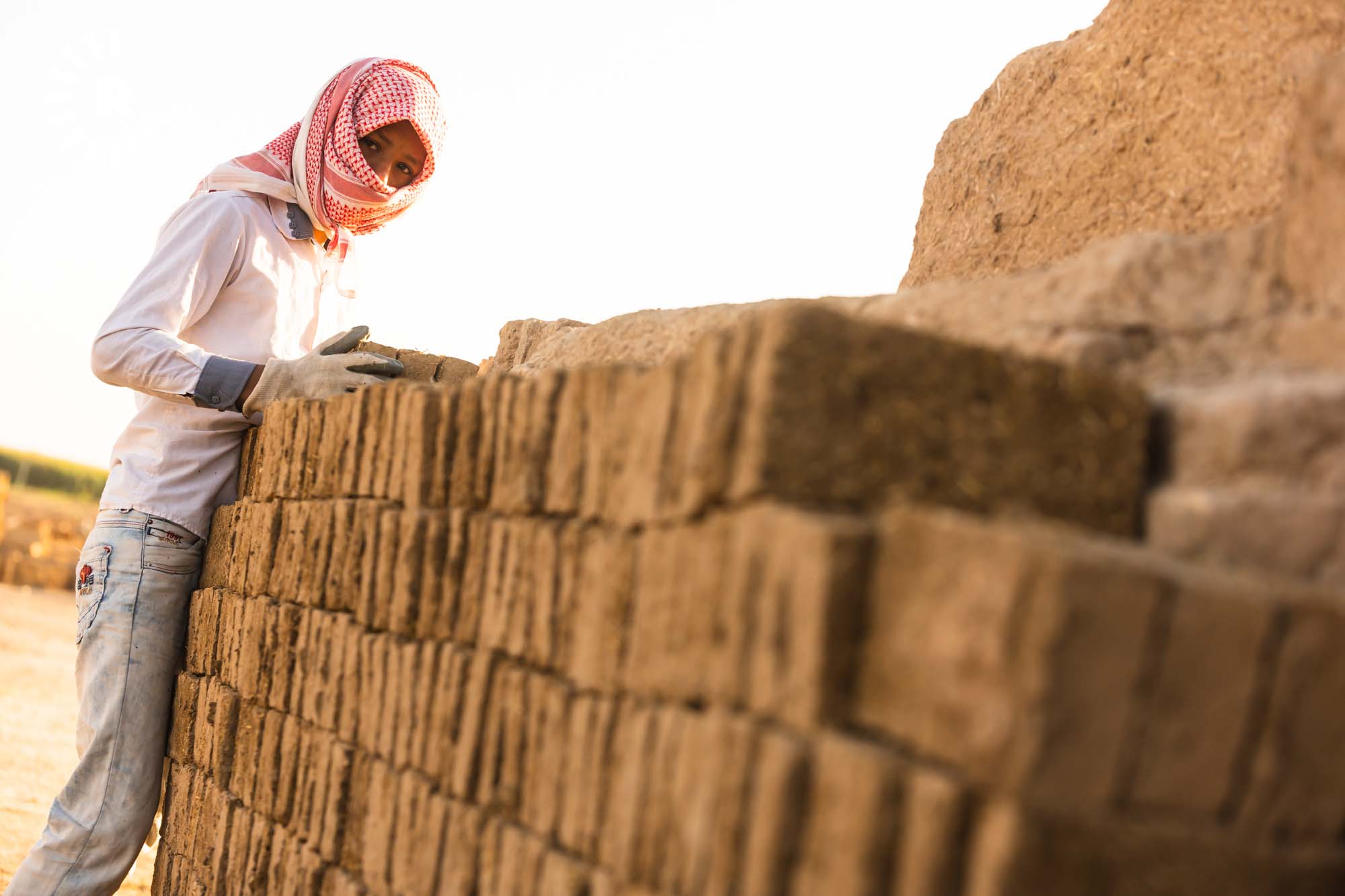
Mud brick making — an ancient tradition dying in the Kurdistan Region?
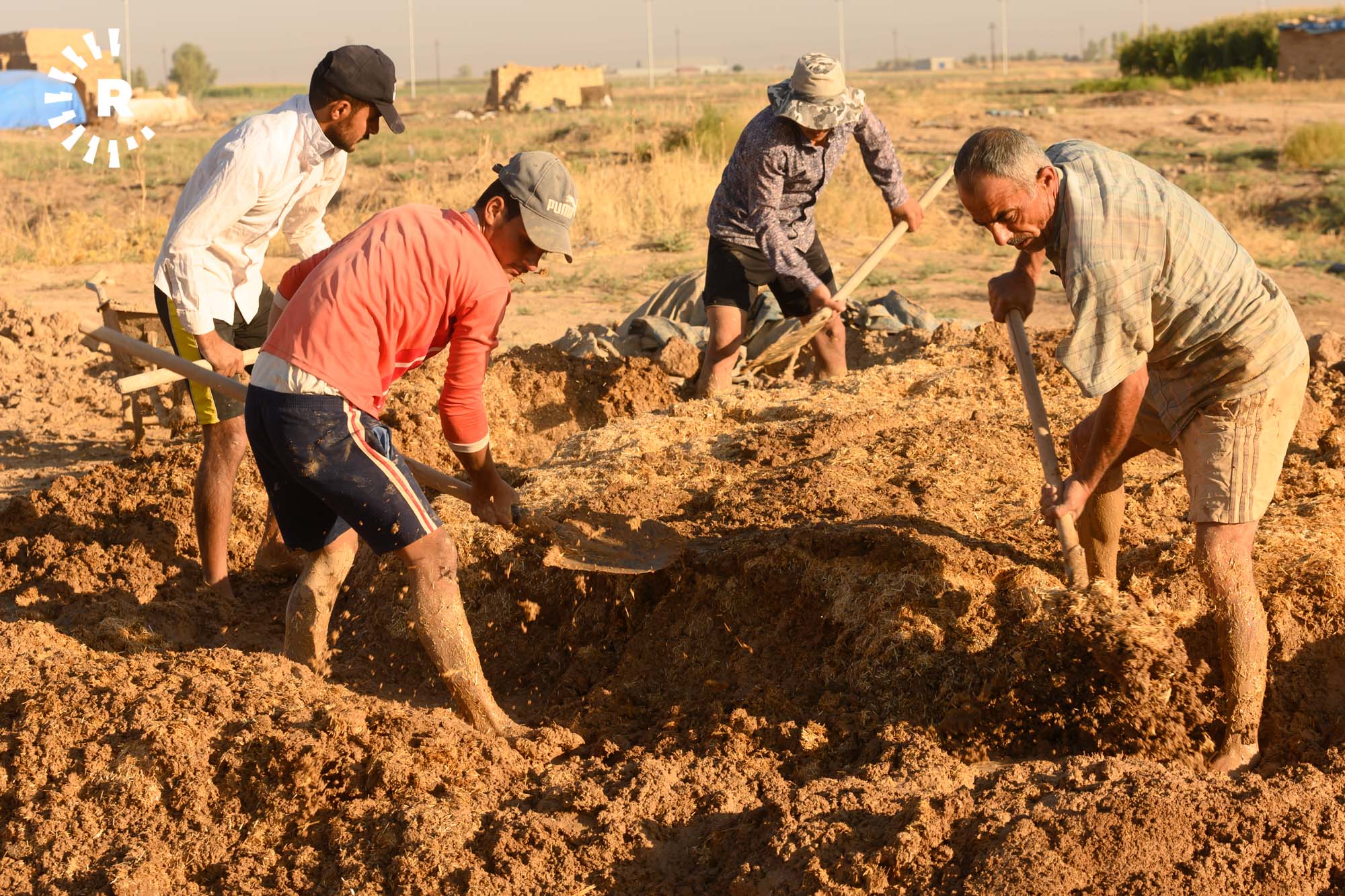
Mud brick making — an ancient tradition dying in the Kurdistan Region?
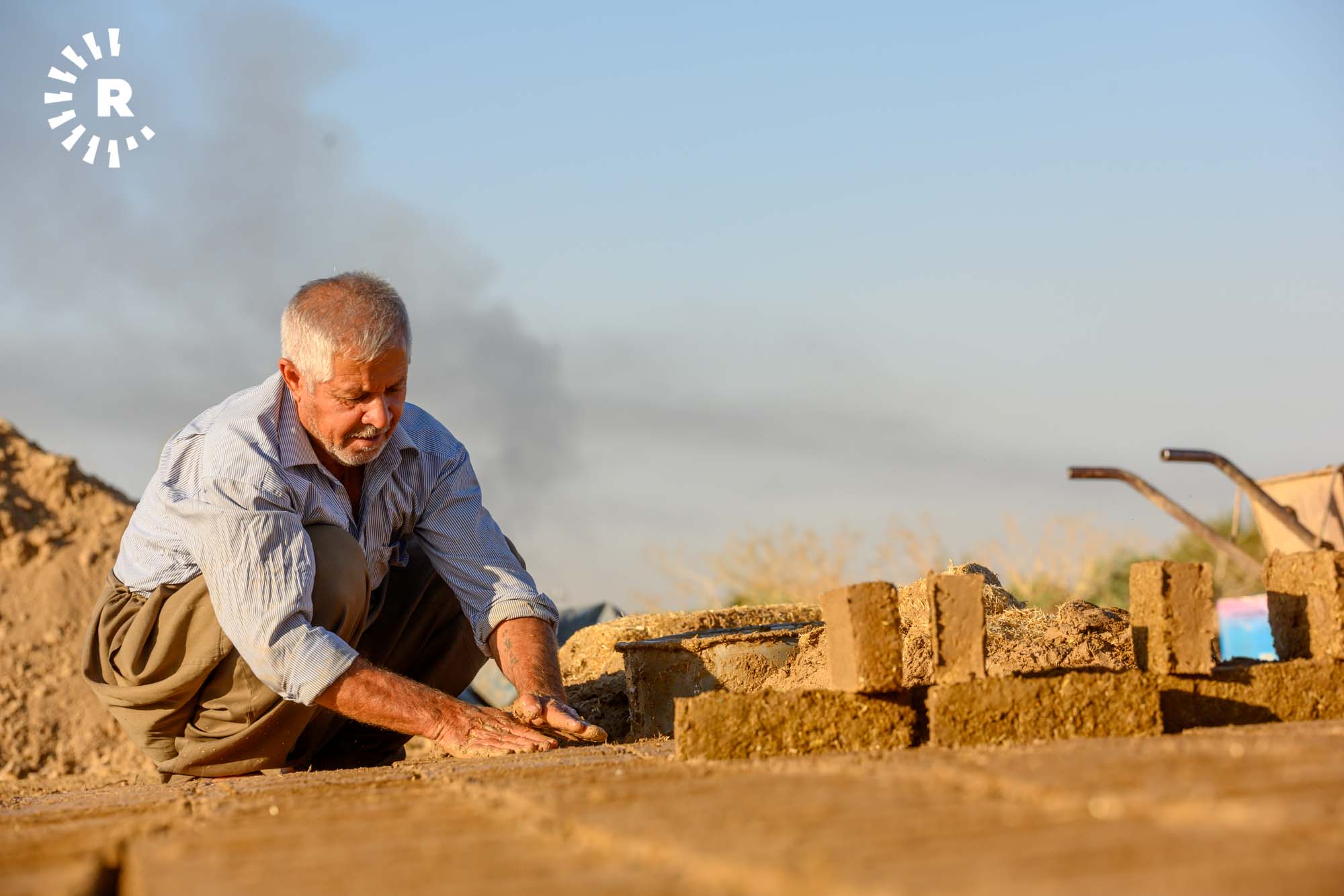
Mud brick making — an ancient tradition dying in the Kurdistan Region?
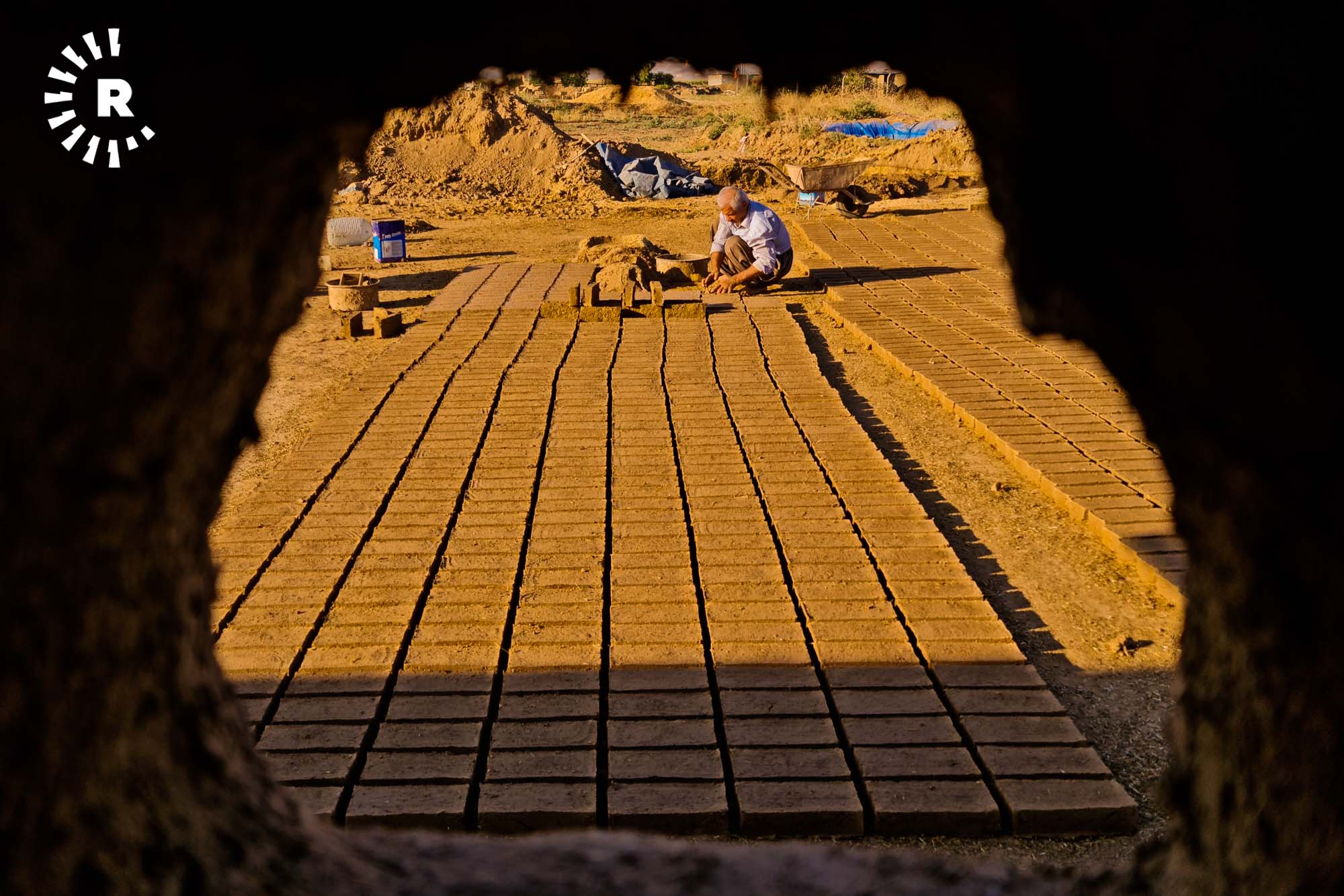
Mud brick making — an ancient tradition dying in the Kurdistan Region?
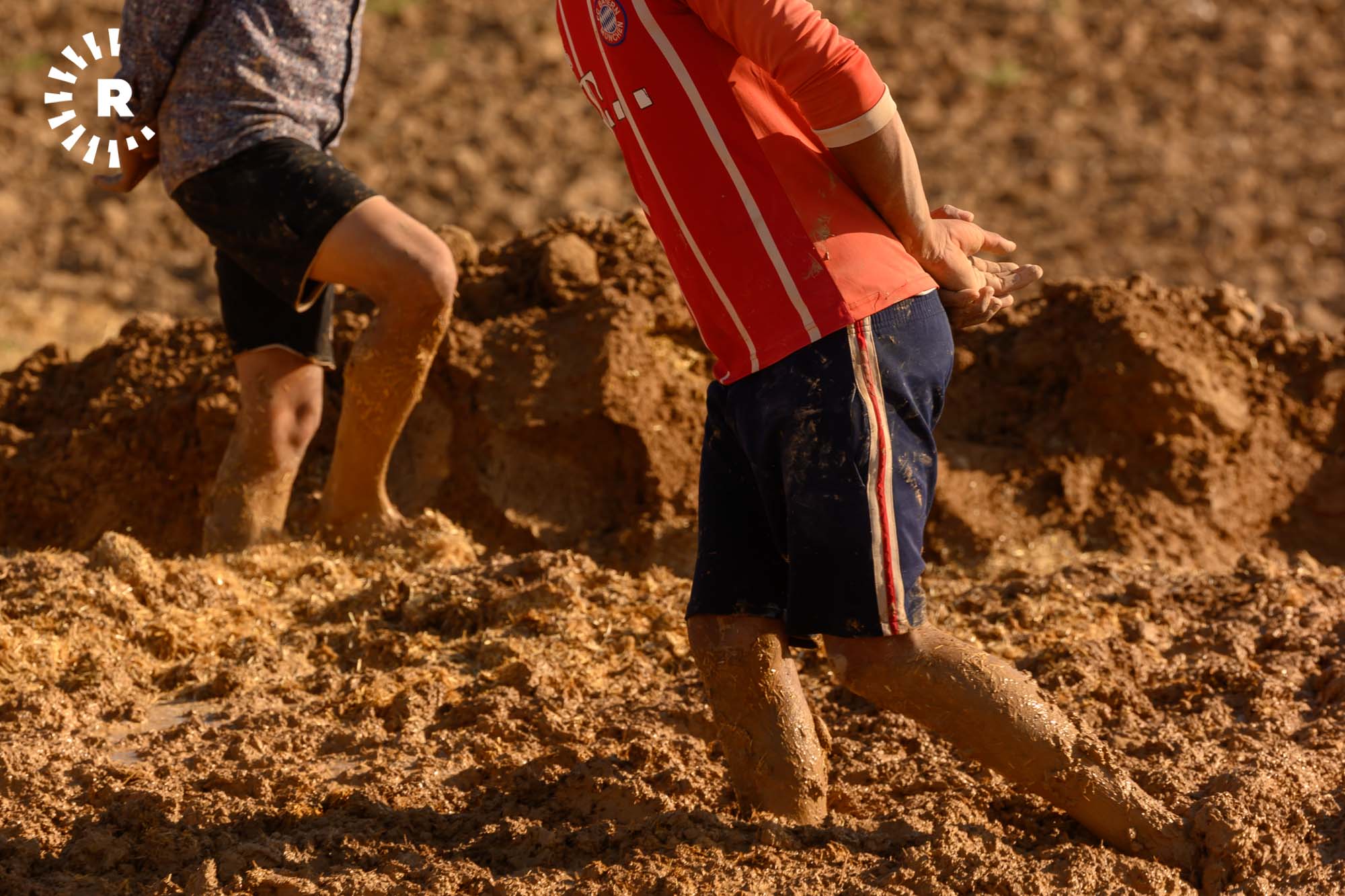
Mud brick making — an ancient tradition dying in the Kurdistan Region?
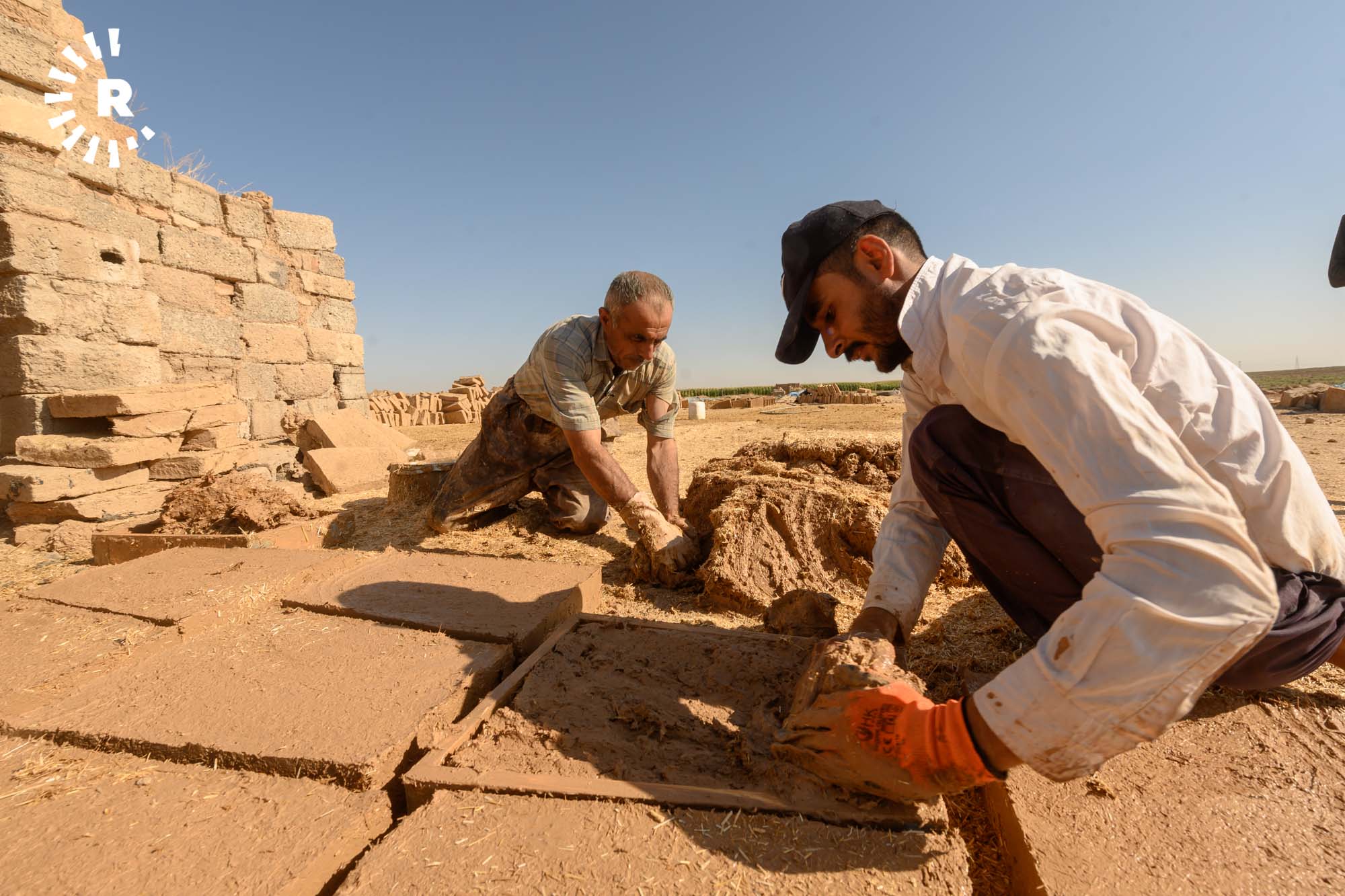
Mud brick making — an ancient tradition dying in the Kurdistan Region?
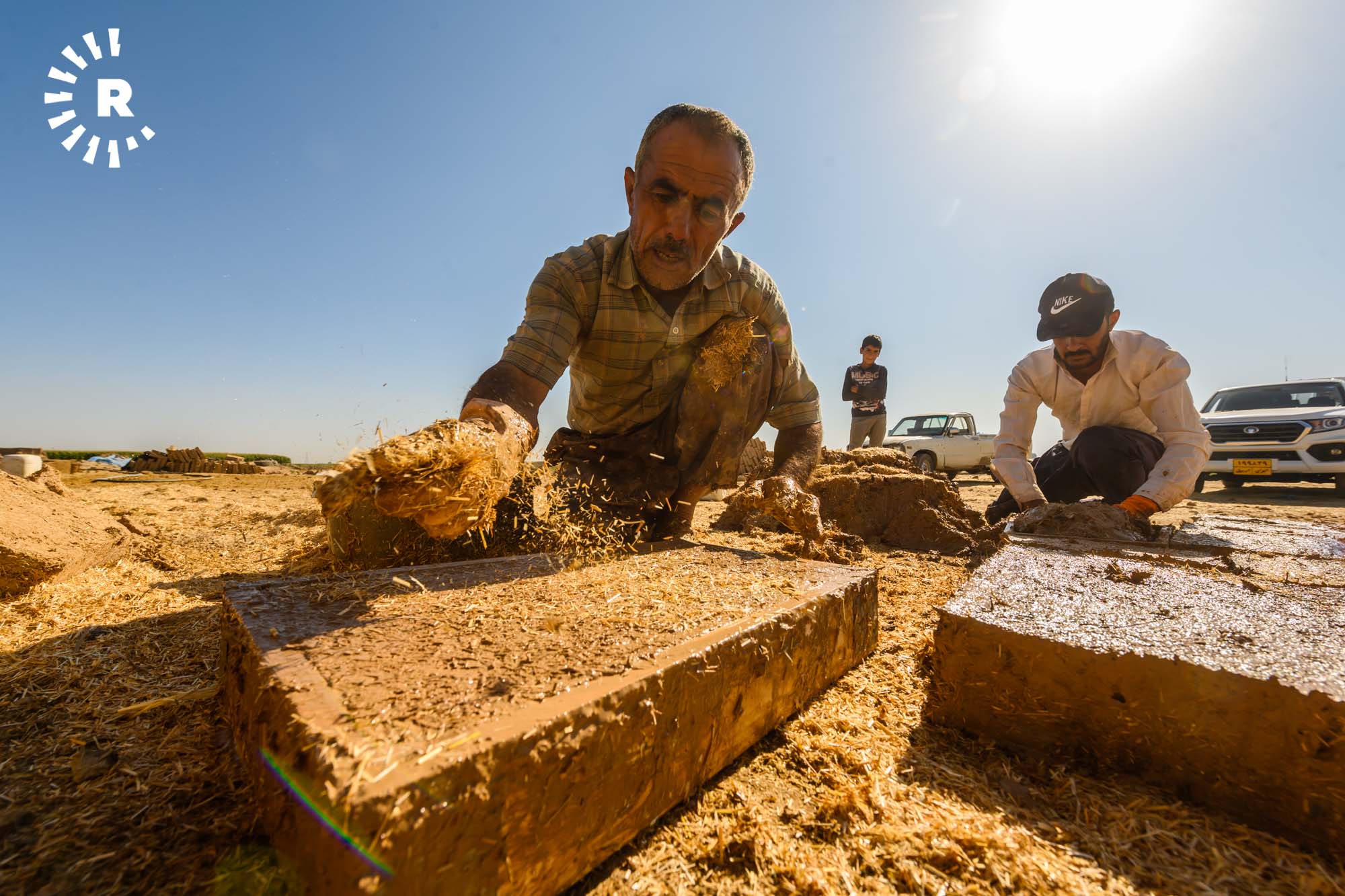
Mud brick making — an ancient tradition dying in the Kurdistan Region?
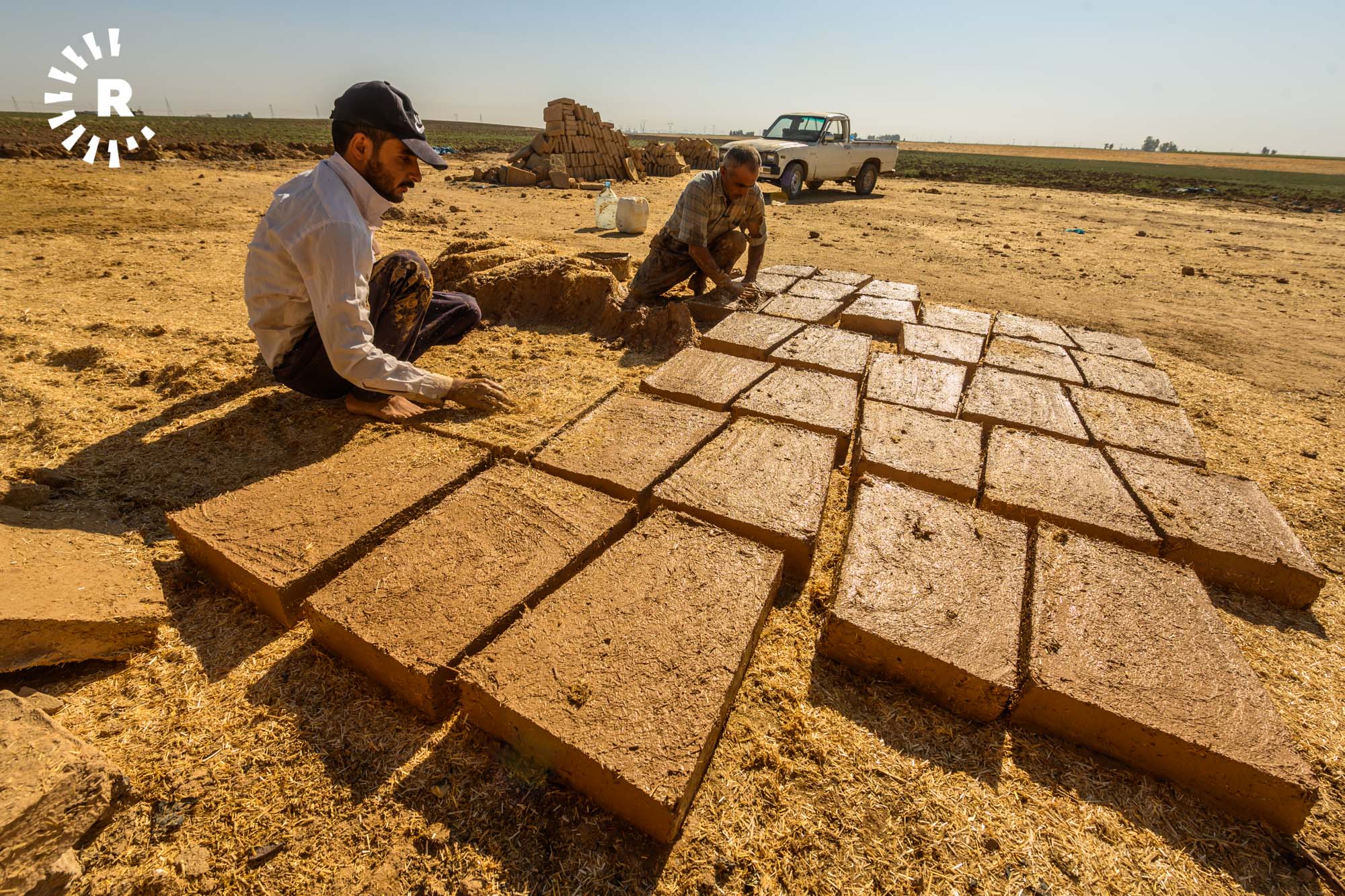
Mud brick making — an ancient tradition dying in the Kurdistan Region?
